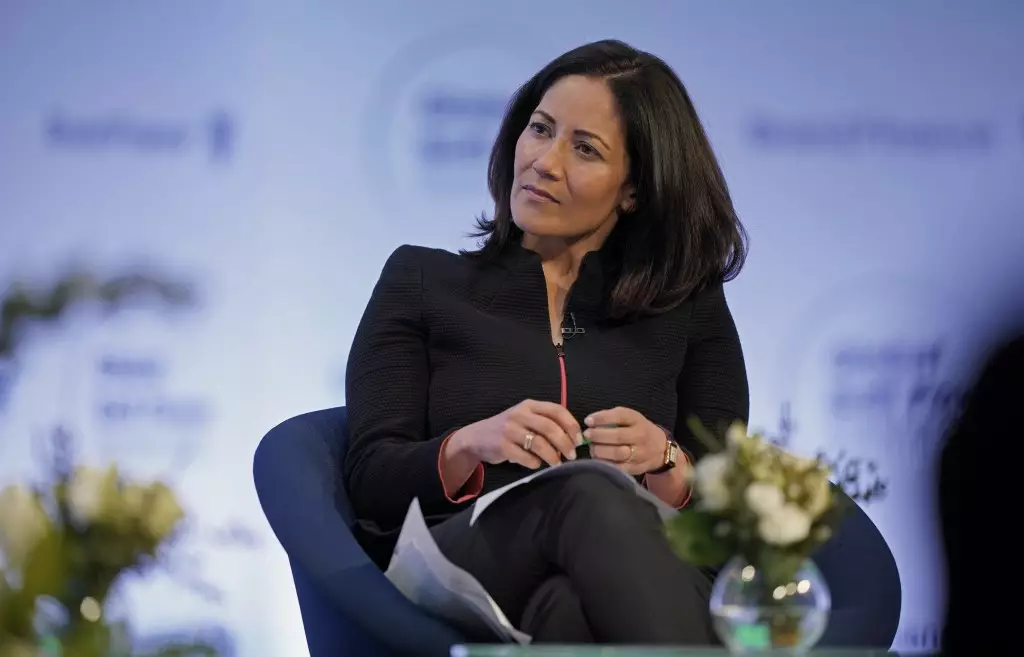The recent BBC interview between presenter Mishal Husain and Israeli government spokesman David Mencer has sparked outrage from the National Union of Journalists (NUJ). The union condemned Mencer for his abrasive behavior towards Husain, accusing him of being “abusive” during the interview. This incident has brought to light the challenges faced by journalists when dealing with biased sources and the impact it has on journalistic integrity.
Mencer’s aggressive stance towards the BBC and Husain raises concerns about the objectivity of media coverage, especially in conflict zones like Gaza. His refusal to acknowledge the civilian casualties in Gaza and dismissal of media reports as “speculation and baseless propaganda” demonstrates a clear lack of respect for journalistic ethics. This attitude not only undermines the credibility of the BBC but also reflects poorly on the Israeli government’s commitment to transparency and accountability.
The NUJ’s defense of Husain as a “consummate professional” highlights the importance of journalists in upholding the truth and reporting facts accurately. In the face of government censorship and biased narratives, journalists play a critical role in shedding light on the realities of conflict zones and holding those in power accountable. Husain’s resilience during the interview serves as a reminder of the ethical duty that journalists have to uncover the truth, even in the face of hostility and intimidation.
This incident underscores the urgent need for media literacy and critical thinking skills among the public. In an era of fake news and misinformation, it is essential for audiences to question the sources of information and scrutinize the narratives presented to them. By being discerning consumers of media, individuals can equip themselves with the tools to navigate through biased reporting and form informed opinions based on facts rather than propaganda.
The clash between Mencer and Husain on the BBC interview reflects a larger issue of media bias and its impact on journalistic ethics. As journalists strive to uphold the truth and hold power to account, it is imperative for them to remain vigilant in the face of partisan agendas and oppressive governments. By championing transparency, objectivity, and integrity, journalists can fulfill their duty to inform the public and contribute to a more informed and democratic society.

Leave a Reply